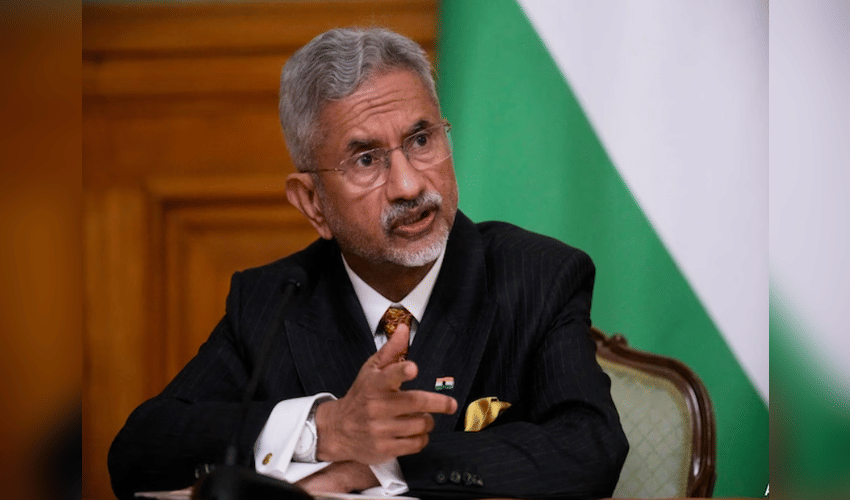Economy
Tariff Volatility Is Overturning Global Trade, Says External Affairs Minister S Jaishankar
Published On Tue, 07 Oct 2025
Fatima Hasan
1 Views

Trade calculations around the world are being shaken up by what External Affairs Minister S Jaishankar calls tariff volatility, a sharp warning about the unpredictable nature of global trade policies, especially those coming out of the United States. Speaking at the inaugural Aravali Summit at Jawaharlal Nehru University, Jaishankar highlighted how recent shifts in tariff policies, such as the US doubling tariffs on Indian exports to 50%, have caused major disruptions in international trade patterns and economic relations.
Jaishankar pointed out that this tariff volatility is overturning traditional trade calculations that once helped countries and businesses plan more predictably. He tied this to broader geopolitical changes, including the concentration of one-third of global manufacturing capacity in a single geography—widely understood to be China—which is altering the dynamics of supply chains and trade security. This centralization has made supply chains more fragile and vulnerable to geopolitical pressures, compounding the risks posed by fluctuating tariffs.
The minister also underscored how this volatility reflects a rising tide of anti-globalization sentiment in many parts of the world, as well as a move away from previous international norms and cooperation. The US trade policy, manifesting in steep tariffs and punitive duties (like those imposed on India’s crude oil purchases from Russia), exemplifies this trend. In this environment, nations are reassessing old alliances and seeking greater self-reliance and strategic autonomy rather than blind dependence on global supply chains.
Jaishankar’s message went beyond just warnings; he urged India to de-risk its global exposures but also be willing to take necessary risks as it navigates this uncertain world. He encouraged strategic thinking, emphasizing resilience and adaptability amid ongoing economic volatility. He noted that the shifting energy landscape—with the US emerging as a fossil fuel powerhouse and China leading in renewables—plus competing technological models in data and AI, are reshaping economic and strategic equations worldwide.
This insight into global trade underscores the complexity of today’s economic environment, where factors like tariff unpredictability, geopolitical maneuvering, technological competition, and supply chain concentration all interplay. It calls for nations, especially India, to be vigilant, flexible, and strategic in safeguarding their economic interests.
Disclaimer: This image is taken from NDTV.



